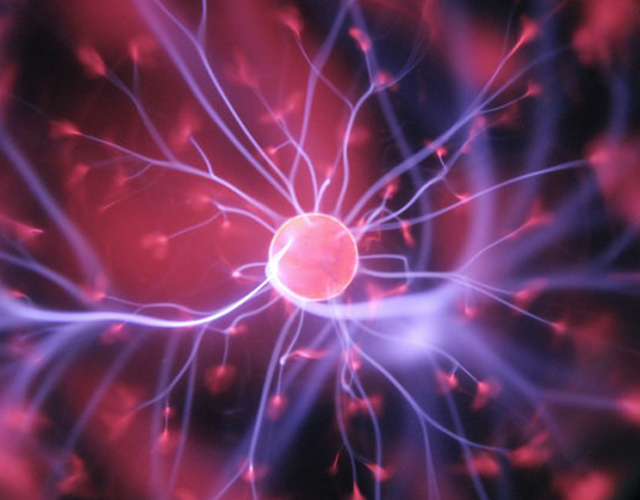MIND
The Sanskrit term for the mind is manas. It is a central concept in Ayurvedic psychology, and it’s believed to be one of the most important aspects of the human body. The manas is considered to be a central component of the five layers (or “koshas”) that make up every person, along with anna maya kosha, prana maya kosha, vijnanamaya kosha, and anandamaya kosha. Along with these components, manas is one of the subtle bodies that make up our gross physical body.Manas has three main aspects: satwa (purity), rajas (activity), and tamas (inertia). Satwa represents our pure nature; it’s associated with knowledge and enlightenment. Rajas represents our active nature; we’re driven by desire when this aspect dominates us. Tamas represents our ignorant nature; we’re lazy when this aspect dominates usThe three aspects of mind work together as part of a system called tri-guna.

This system ensures that each person has some mixture of all three gunas but that any one aspect only dominates at a particular time or under certain conditionsThe theory behind tri-guna helps explain why thoughts and actions are linked. The more satvic your thoughts are—i.e., purer—the less you will act out tamasically or rajastically




